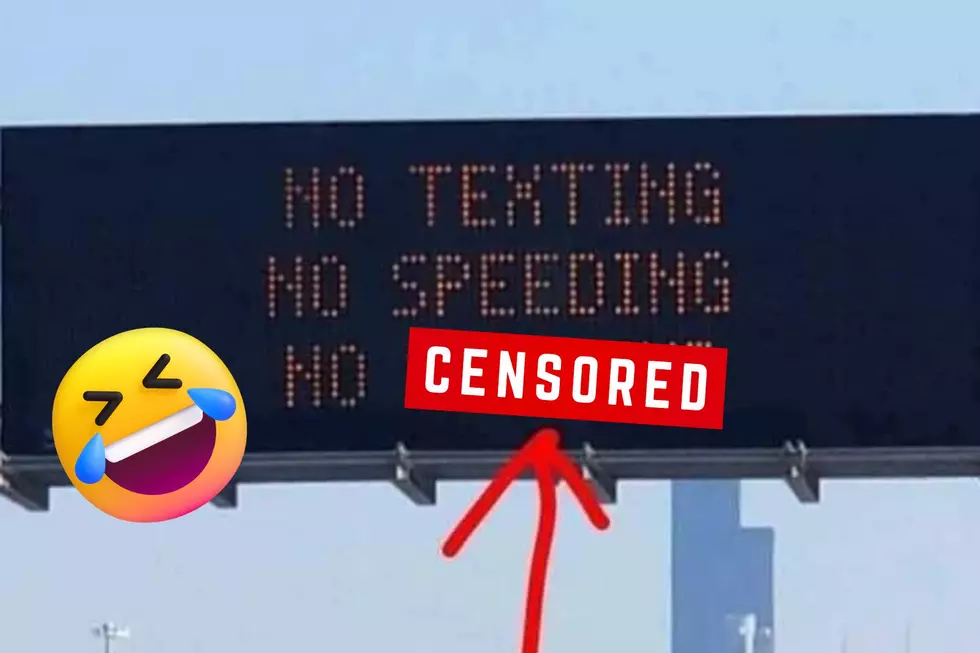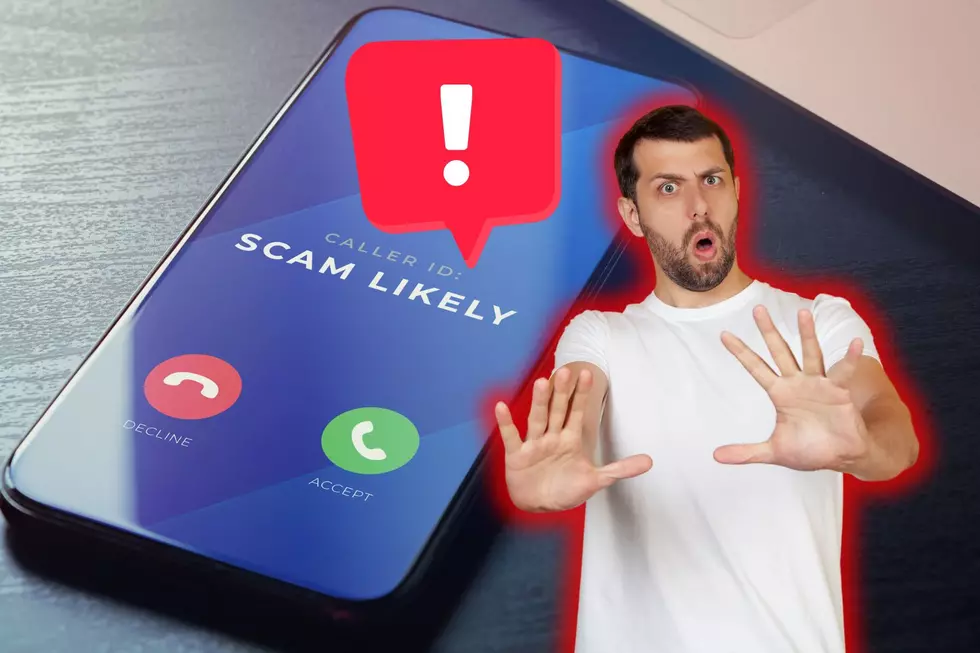
Rockford BBB: Scammers Are Pretending To Be From The Government
In the real world, most of us do our very best to be decent people. So when we get a call from someone who says that they're with a government agency, our default behavior setting is generally to be cooperative.
And that's where we can find ourselves with a problem. Scam artists are bad people, but they're usually not stupid. They know that if you believe that it's the government calling, you'll more than likely give them what they want.
A Better Business Bureau (BBB) Study Shows That Phone Scammers Are Pretending To Be From Social Security, The IRS, Medicare, And Other Government Agencies
As the Rockford Regional Office of the BBB describes it, the fake government employee who calls you will employ a variety of different tactics to trick you. A sample of popular ways to get what they want from you include:
- They'll threaten you with arrest if you don’t give up your bank account info to pay a fee right away (and the fee is phony)
- They might tell you that you're eligible for a government grant, but you'll need to pay a few fees to free up the money so it can be sent to you.
- You'll be told that your Social Security eligibility has lapsed, and if you don't give them personal information (including your Social Security number), you'll be denied benefits.
- A scammer who says that they're with the IRS will tell you that you're delinquent in your taxes, and if you don't settle up immediately you'll be facing arrest.
The BBB Says That Social Security Scams Are The Most-Reported, And Also The Most Expensive
To give you an idea of how prevalent Social Security scams are, the BBB says that two-thirds of the government imposter scams that were reported to the BBB were related to Social Security.
How do you avoid being taken? Here are some things to keep in mind if you get a call or text from someone who says they're with the government:
- Government agencies like the Social Security Administration, IRS or FBI do not call people with threats or promises of money.
- Do not trust your caller ID, as scammers can spoof legitimate numbers. If you receive a phone call, check with the real agency by going to the agency's website directly.
- Do not click on links inside a text message or email purporting to be from a government agency.
- Social Security numbers are never “suspended.” The Social Security Administration will never threaten to arrest you because of an identity theft problem.
- Never pay with a gift card, wire transfer, or cryptocurrency. No government agency will take those forms of payment.
25 True Crime Locations: What Do They Look Like Today?
How Many in America: From Guns to Ghost Towns
More From 97 ZOK









